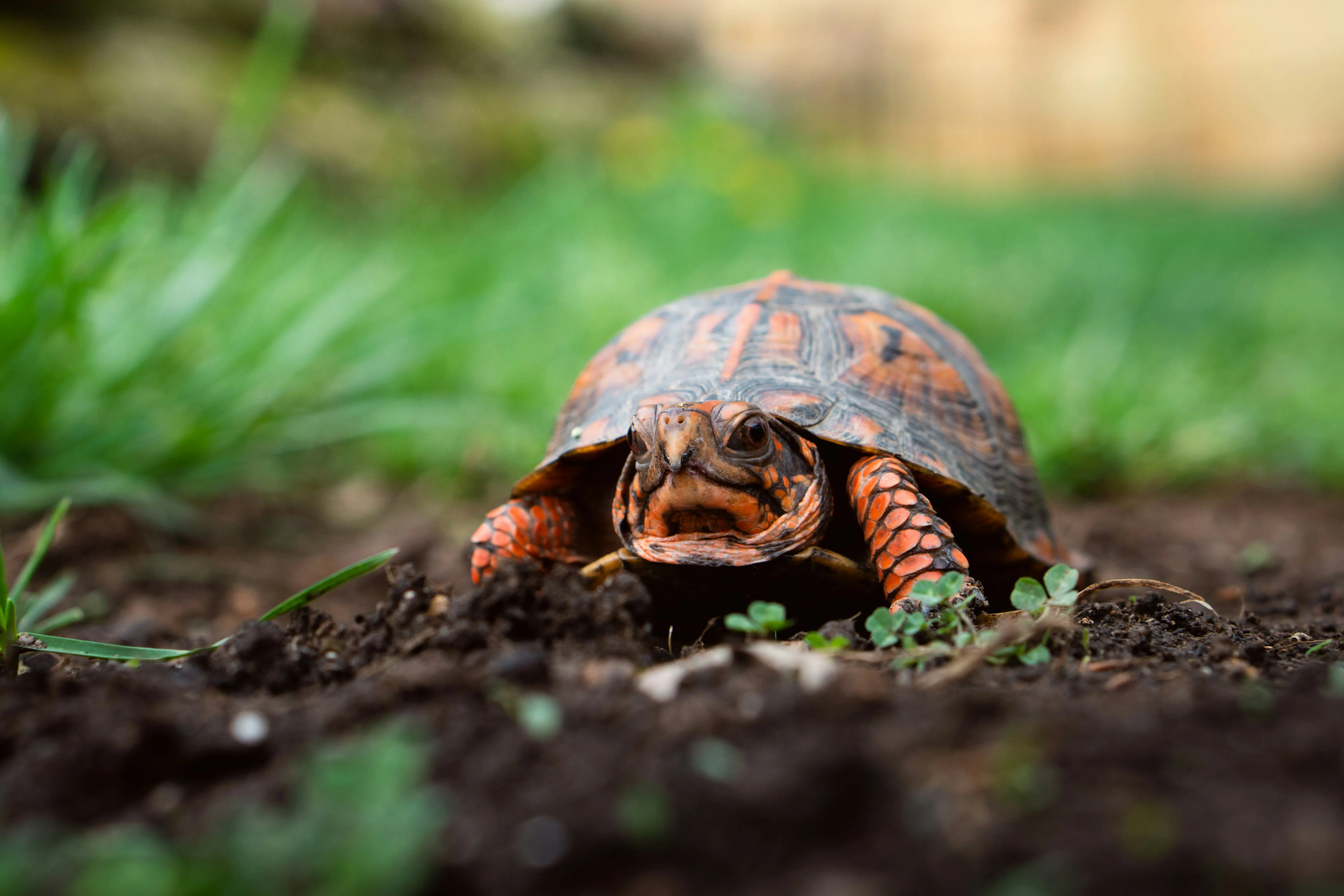Turtles Barely Get Cancer, and Scientists Are Taking Notes

In a surprising twist of biology, turtles almost never get cancer. A new study led by researchers at the University of Nottingham reveals that cancer is extremely rare in both wild and captive turtle populations, offering fresh insight into how some animals may have evolved powerful defences against one of humanity’s most devastating diseases.
The research team examined over 400 post-mortem records across 14 turtle species, including those housed in zoos and private collections. What they found was striking: cancer rates were close to zero, far lower than in mammals or birds. This wasn’t just a fluke of observation, these findings are supported by veterinary records spanning decades.
So why don’t turtles get cancer? The answer, scientists believe, may lie in unique aspects of turtle biology. Their cells show signs of enhanced tumour suppression, and some species even have extra copies of genes linked to DNA repair and immune function. That means when cellular damage occurs, a precursor to cancer, turtles may be far better equipped to fix it or shut it down.
“Turtles seem to have evolved highly efficient ways of avoiding cancer,” said study author Dr. Mark D. Green. “Understanding how they do this could help us develop new strategies to prevent or treat cancer in humans.”
This isn’t the first time nature has offered cancer clues. Elephants have extra copies of the p53 gene, known for killing off damaged cells. Naked mole rats produce unique substances that prevent tumours from forming. But turtles add a new dimension, they’re long-lived, slow-aging animals with remarkably low cancer risk, which makes them particularly intriguing for human comparisons.
The findings could spark new research into genomic stability, immune surveillance, and even age-related disease resistance. If scientists can decode the turtle’s natural defences, they might one day apply that knowledge to reduce cancer risk in people, especially in aging populations.